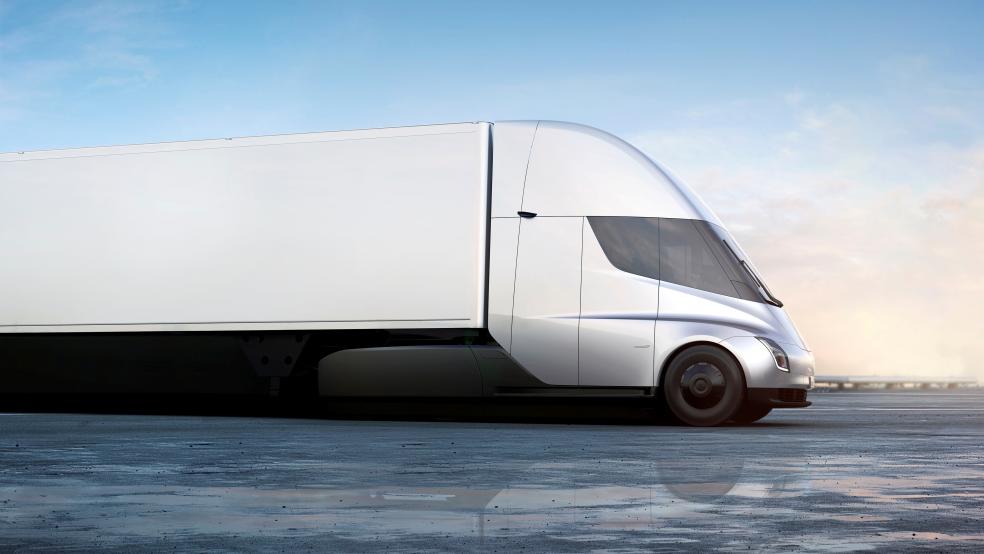BANGALORE/SAN FRANCISCO (Reuters) - Silicon Valley billionaire Elon Musk could earn as much as $55.8 billion in Tesla Inc stock and own more than a quarter of the electric car company in the next decade if he hits all targets of a bold new pay plan.
The unexpected compensation arrangement - announced in the middle of the night in California - involves no salary or cash bonus but sets up rewards for Musk multiplying Tesla's market value as much as ten-fold to $650 billion over the next 10 years.That ambitious target implies Tesla stock will grow by 1,000 percent over a decade, or about 27 percent per year, a feat achieved by only a handful of major U.S. companies recently, including Amazon.com Inc, Priceline Group Inc and Domino’s Pizza Inc. Netflix has surged 6,600 percent in the past 10 years.Tesla's current market value of $60 billion is about the same as General Motors Co, but far below Apple Inc's $921 billion.The plan comes after Tesla's much-anticipated Model 3 sedan missed several production targets and as many on Wall Street expect the company to launch another round of capital raising. "We see Elon Musk's ambitious long-term awards plan as an aspirational marketing tool to attract talent and capital ahead of an upward inflection in competition" for electric and autonomous vehicles, said Morgan Stanley analyst Adam Jonas, who has been bullish on Tesla shares. Musk could earn more than $70 billion in incremental compensation through the deal, Jonas estimated. Tesla itself put Musk's maximum gain at $55.8 billion. With the new plan, Tesla effectively quietened speculation that Musk may be planning to quit as the targets require him to remain as chief executive or serve as both executive chairman and chief product officer.Tesla noted, however, that the deal provides "the flexibility to bring in another CEO who would report to Elon at some point in the future." The company added that there was no current intention for this to happen.Some investors worry that Musk's ambition to build Tesla into a behemoth will severely stretch its production capabilities, aggravating production delays and stretching Tesla's high cash burn rate.Meanwhile, a host of global automakers from Volkswagen AGTesla sets massive stock awards for Musk based on boosting market value

HANDOUT



